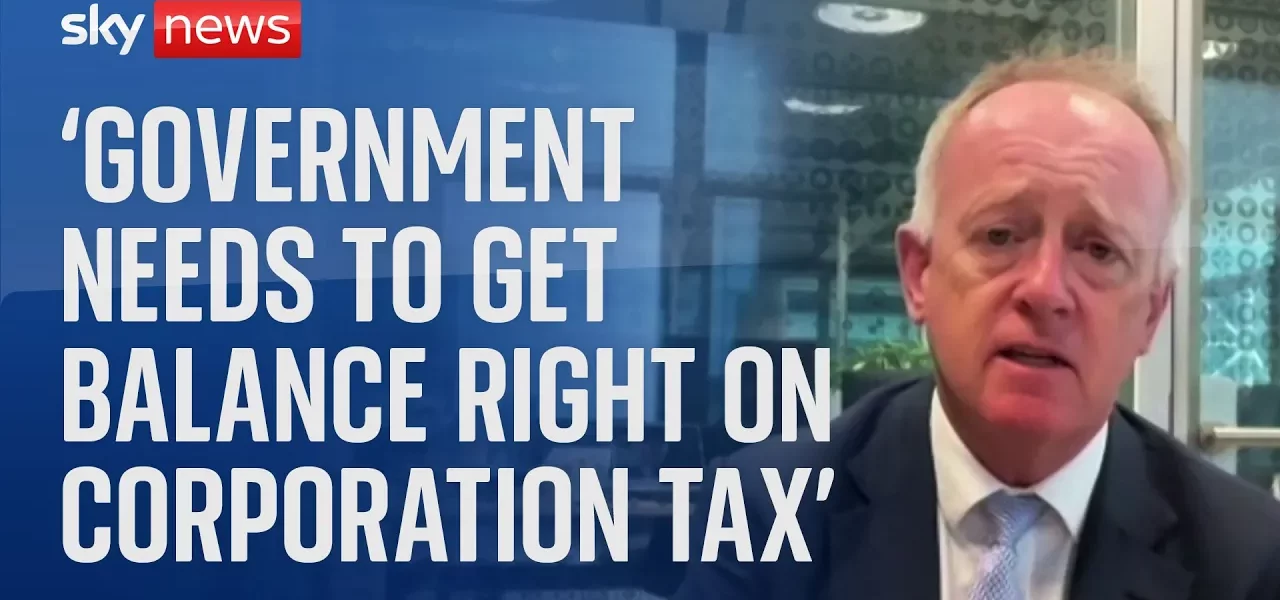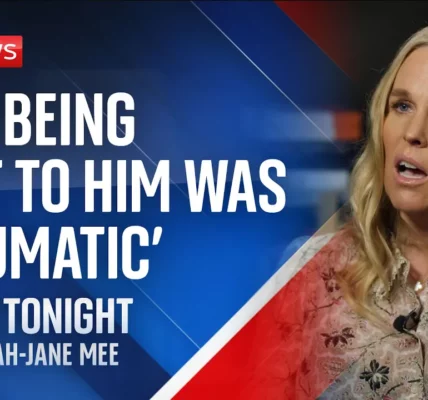In-Depth Interview with John Neil, CEO of Lloyds of London

Join us as we explore insights from John Neil, the Chief Executive of Lloyds of London, on the current economic landscape, the challenges faced by the insurance industry, and the future outlook for corporate tax in the UK.
Introduction
The insurance industry plays a crucial role in the economy, particularly in times of uncertainty. In this article, we delve into a recent conversation with John Neil, the CEO of Lloyds of London, where he shares his perspectives on the broader economic environment, the challenges posed by rising risks such as cyberattacks and climate change, and the implications of corporate tax policies for businesses in the UK. This interview sheds light on the pivotal role of insurance in navigating today’s complex financial landscape.
The Current Economic Environment
John Neil emphasizes that the insurance sector is closely tied to interest rates and economic stability. With the first rate cut recently implemented, he expresses cautious optimism about the future of the UK economy.
Growth and Profitability
Neil highlights that Lloyds of London is not only growing but also maintaining profitability. This dual success enables the company to provide value to both investors and customers.
Risks and Opportunities
In a world characterized by volatility—ranging from geopolitical tensions to climate-related disasters—insurance has a vital role in offering protection. This protection helps businesses and governments make informed financial decisions.
Addressing Rising Risks
As the frequency of cyberattacks increases, Neil discusses the challenges insurers face in providing coverage amid rising threats.
The Impact of Cyberattacks
With over 20 years of experience in writing cyber insurance, Lloyds has processed more than 40,000 cyber claims. Neil asserts that understanding the complexity of cyber risks allows insurers to offer effective coverage.
Natural Disasters and Housing Insurance
Environmental changes have heightened the risk of natural disasters, complicating home insurance. Neil notes the increasing severity of flooding and other disasters, particularly in the US.
- Higher spending on insurance in the US compared to the UK.
- The need for collaboration among banks, insurers, and the government to address these challenges.
- Ensuring that the government acts as a last resort insurer rather than intervening prematurely.
Corporate Tax Outlook
As the UK prepares for its upcoming budget, Neil addresses the implications of corporate tax policies on businesses.
Current Tax Environment
With corporate tax rates increasing from 19% to 25%, Neil stresses the importance of maintaining a favorable tax environment that encourages business investment.
Finding the Right Balance
Neil advocates for a balanced approach to taxation and regulation, which he believes is essential for fostering a conducive environment for business growth.
- Encourage businesses to establish operations in the UK.
- Ensure regulatory frameworks protect both consumers and industries.
- Focus on long-term economic sustainability over short-term gains.
Conclusion
In conclusion, John Neil’s insights shed light on the intricate relationship between the insurance industry and the broader economic landscape. As challenges such as rising risks and changing tax policies emerge, collaboration among stakeholders will be vital for ensuring a resilient future. For more information on insurance trends and best practices, explore our articles on cyber insurance and the regulatory environment in the UK.
“`




